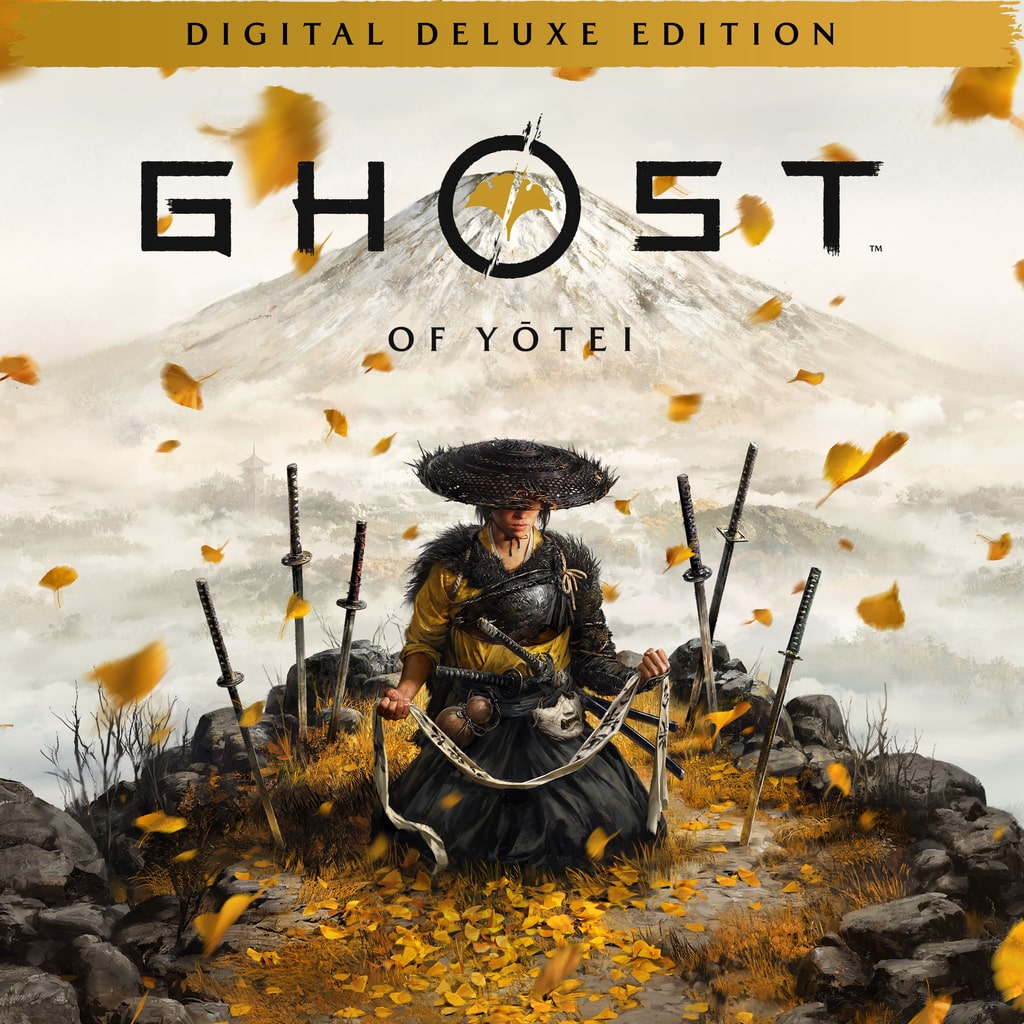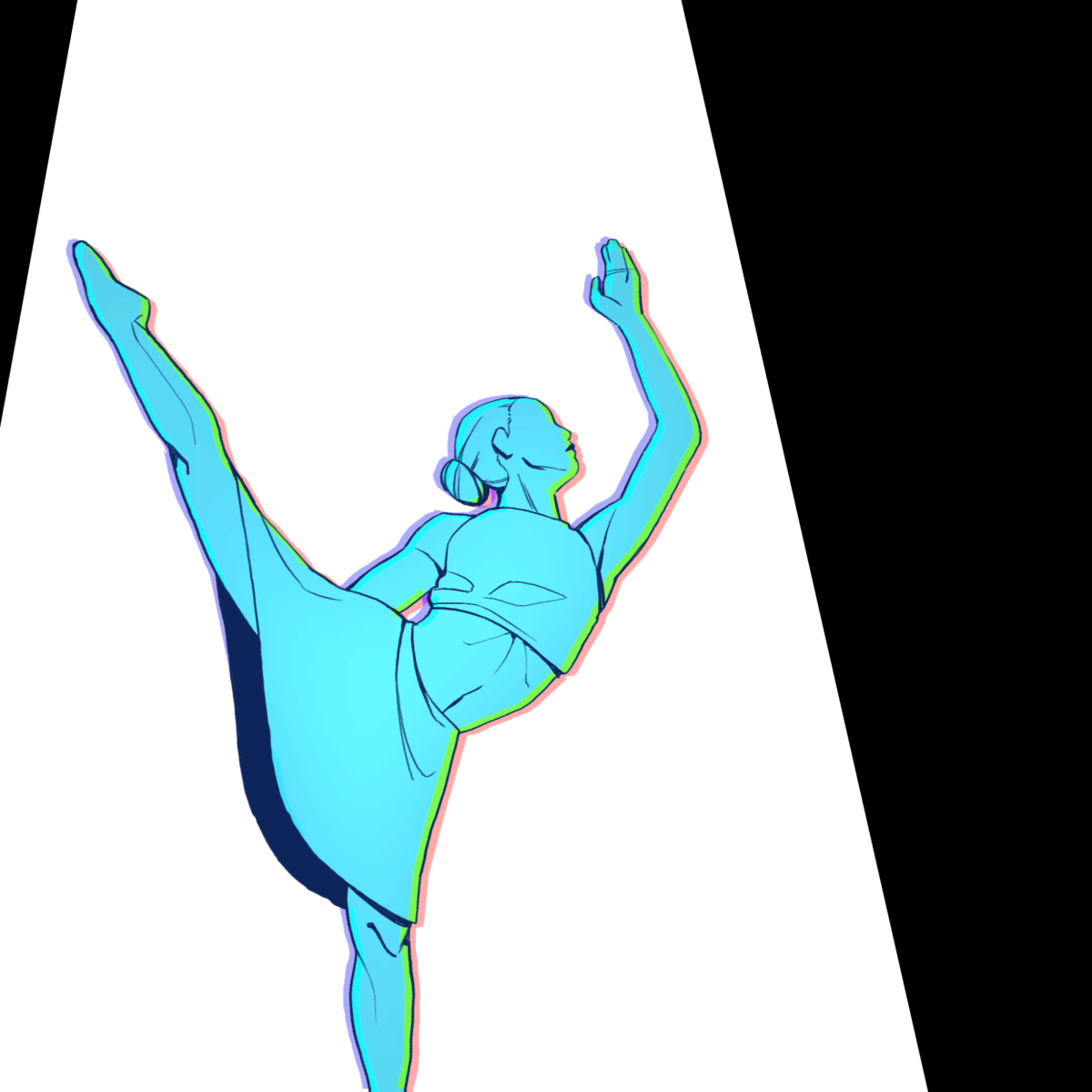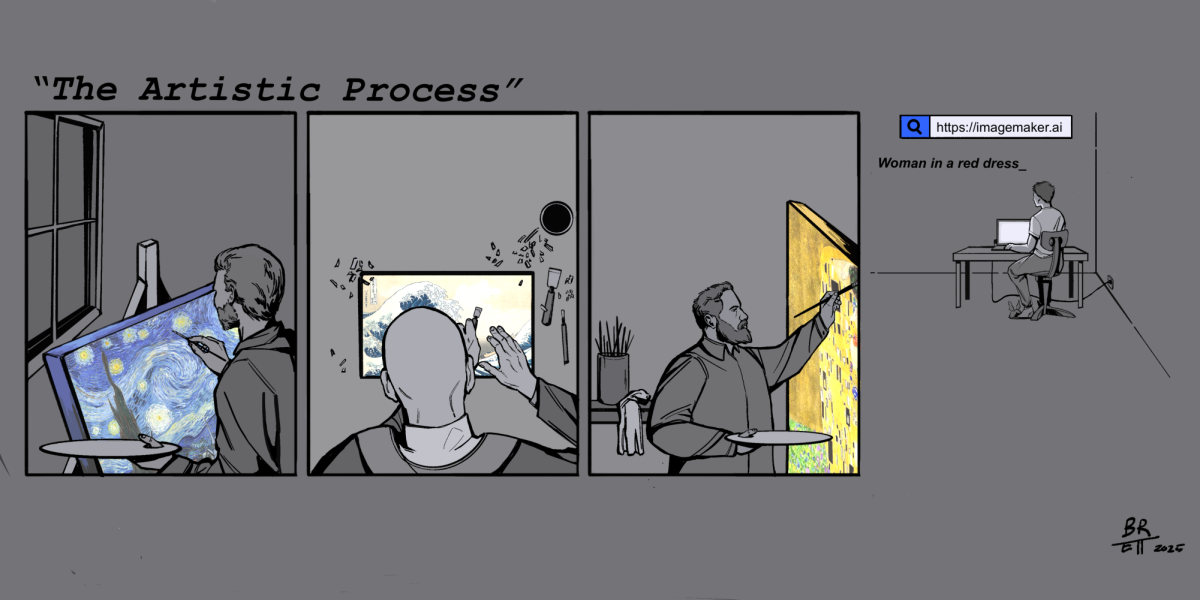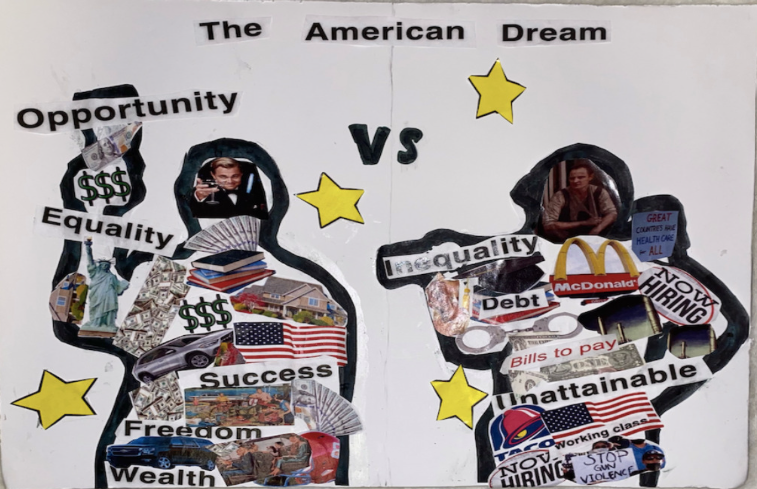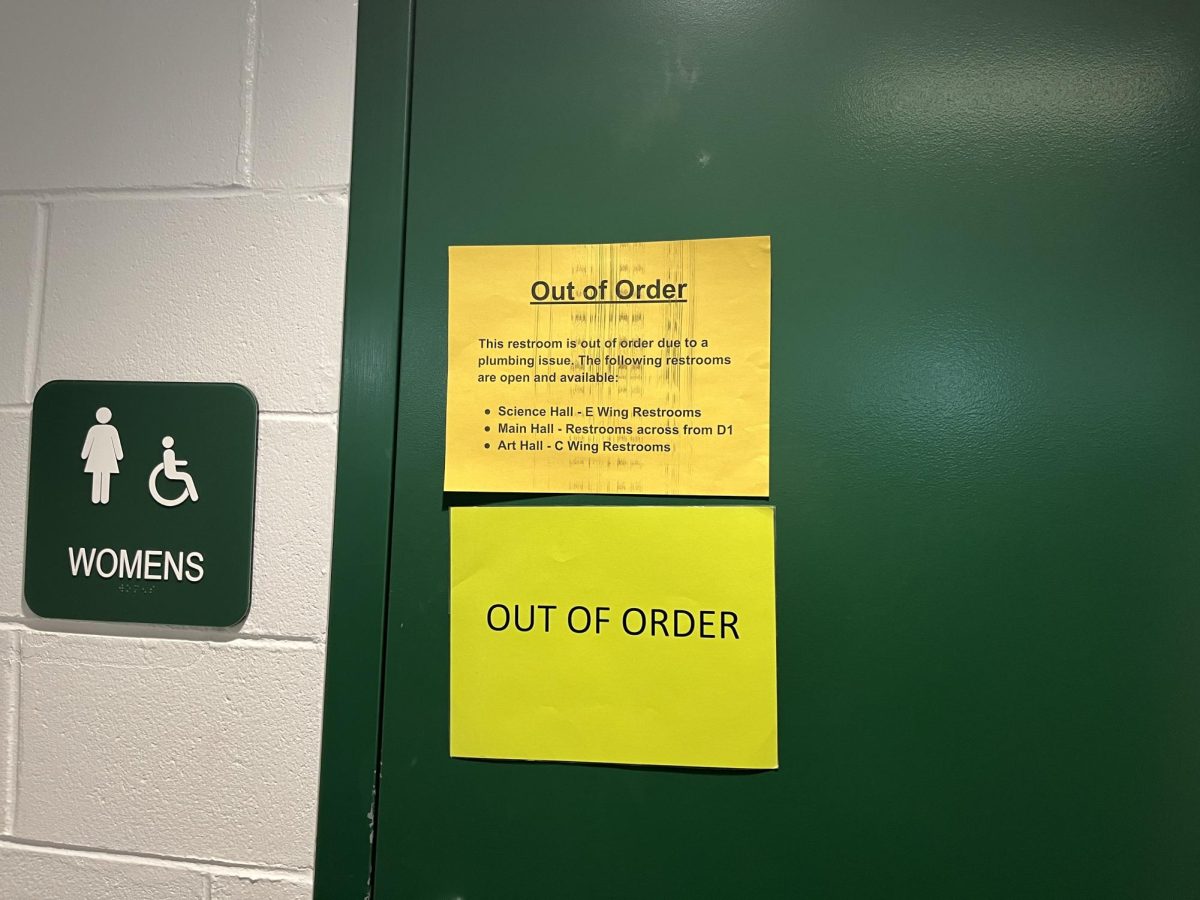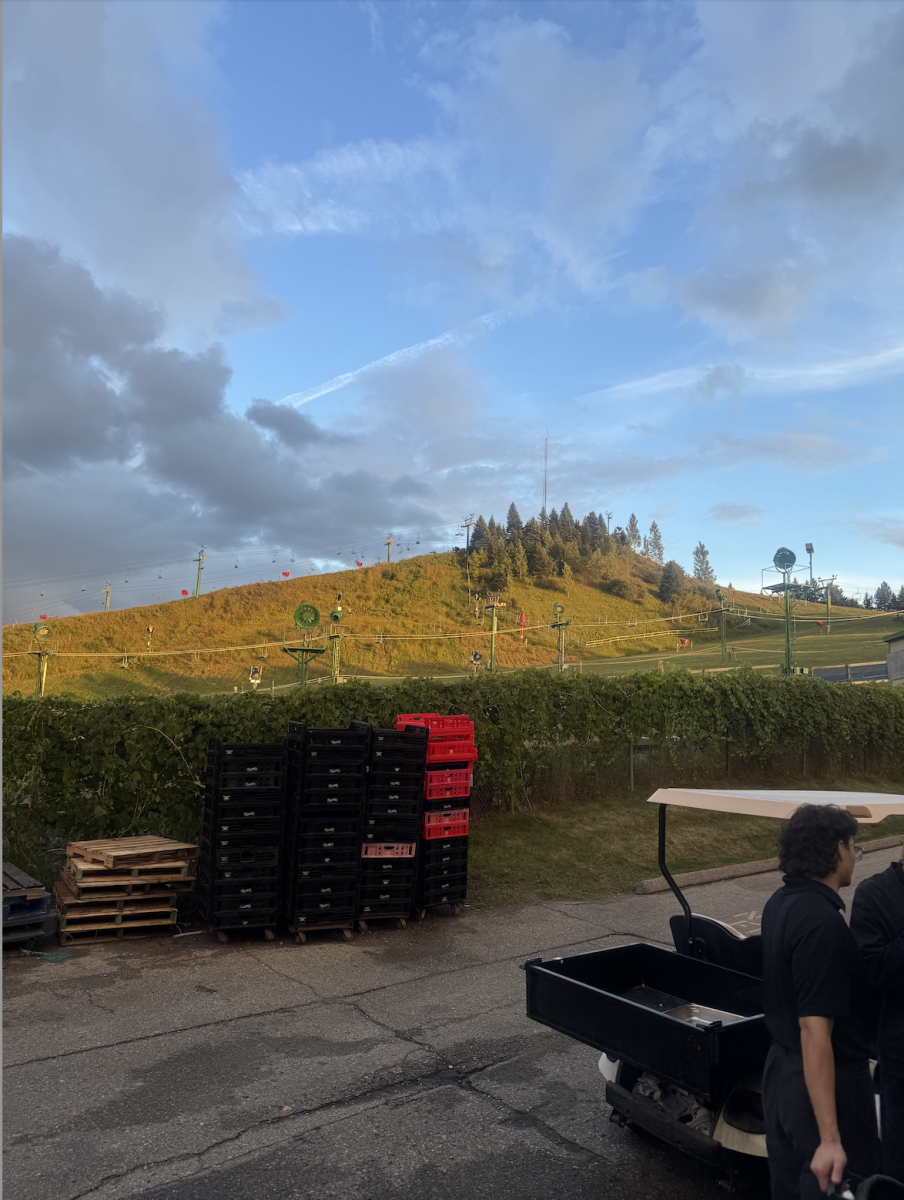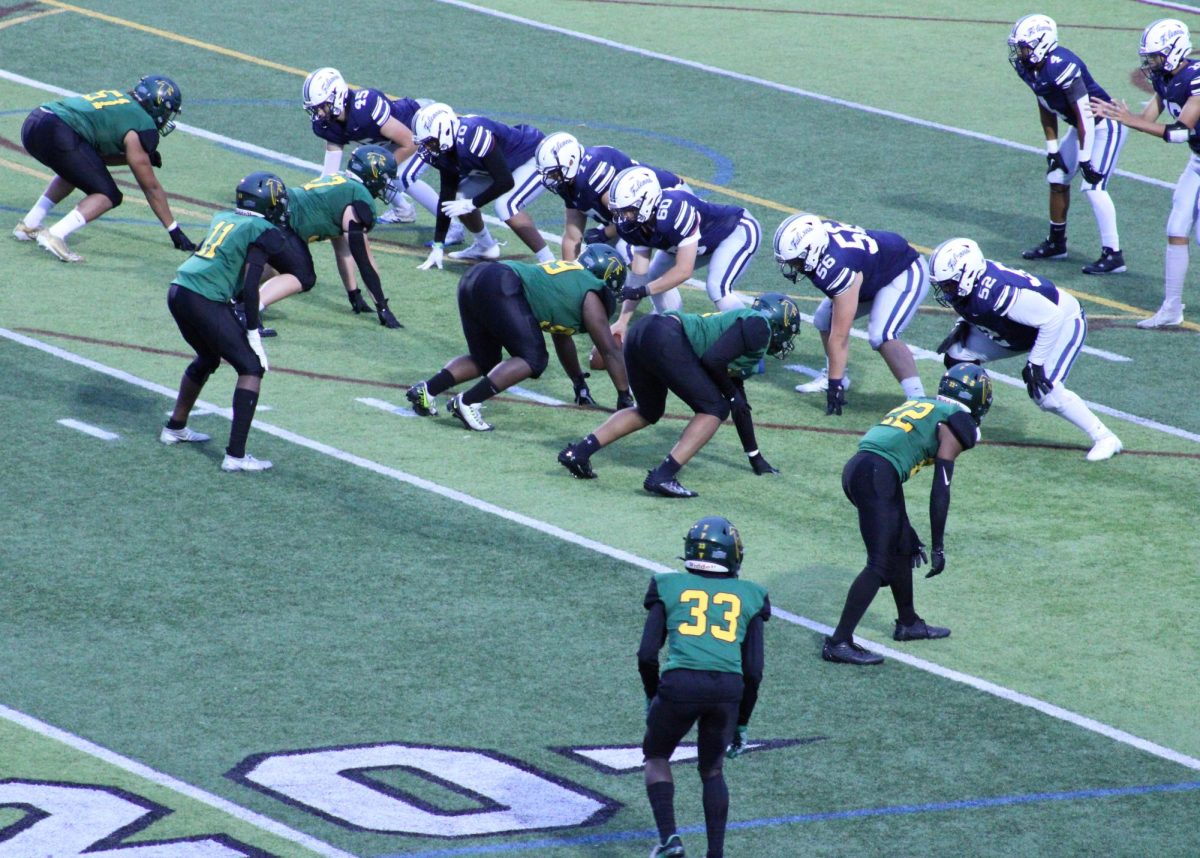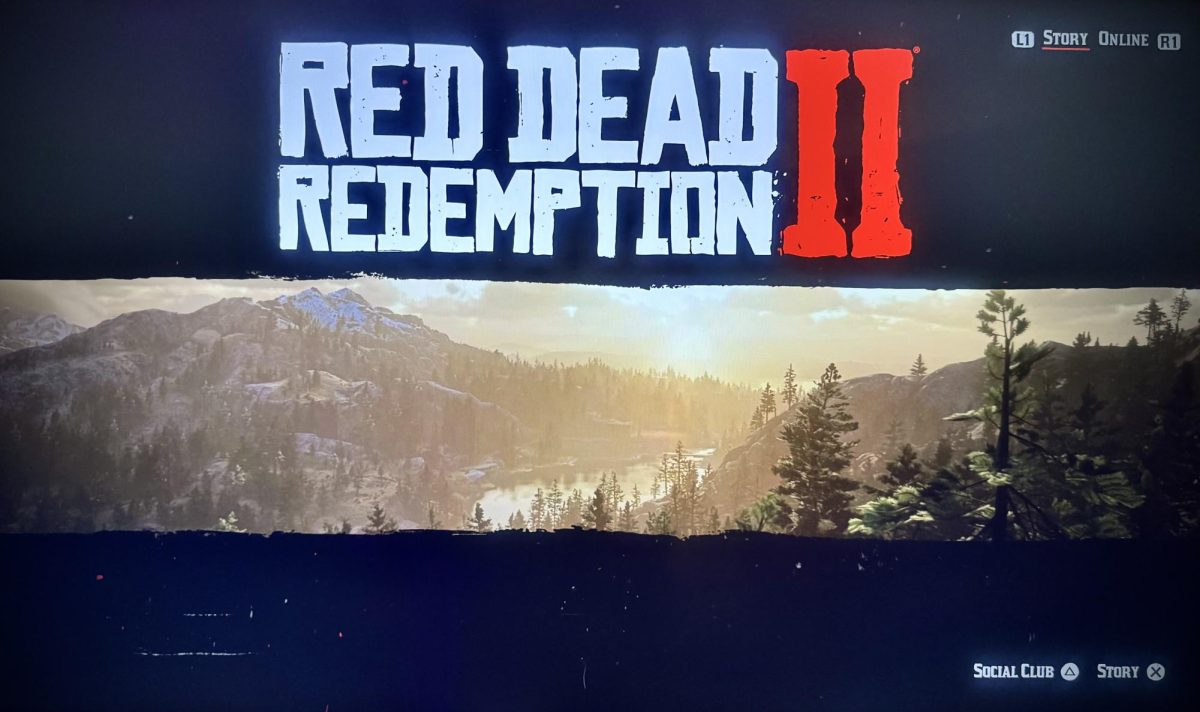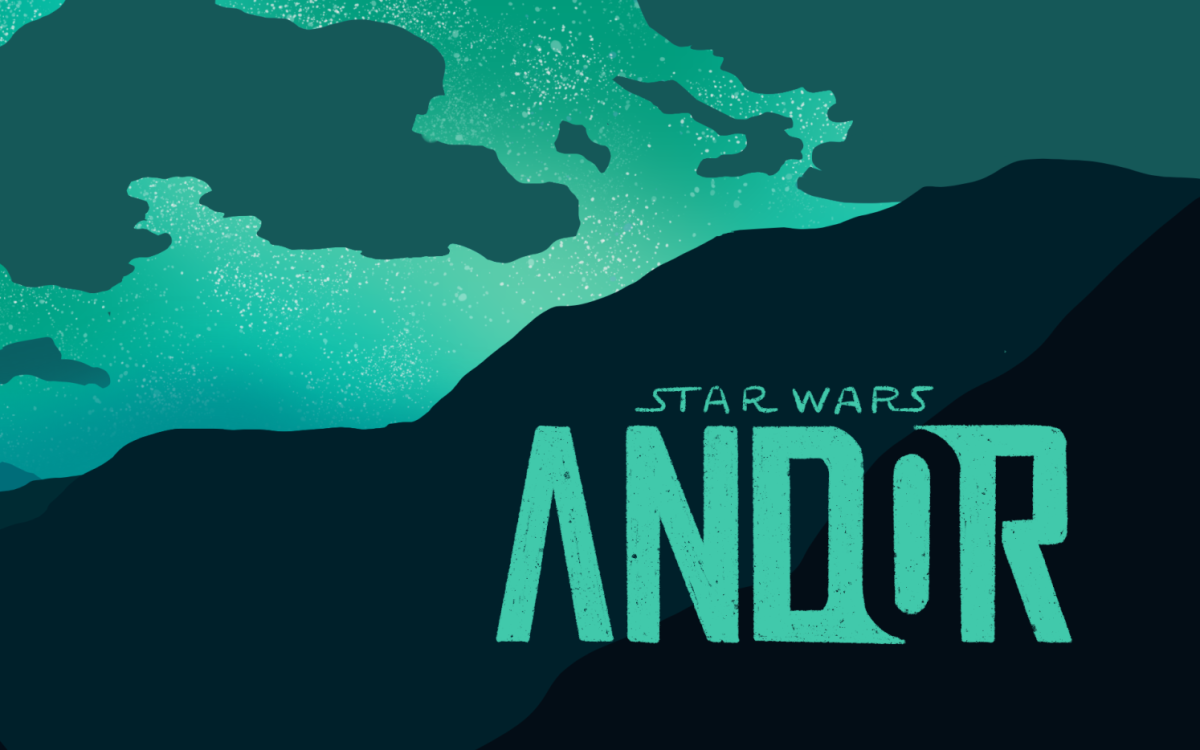When telling my Editor-in-Chief and teacher that I wanted to write about a video game for my next article, I felt embarrassed. Most— if not all— of my other articles deal with more serious subjects. Even so, I believe that video games have long been dismissed as mere entertainment. Red Dead Redemption Two (RDR2) defies those stereotypes and handles real-world issues such as the struggles of Native Americans, corporate greed and how industry has changed our lives.
Deeper meaning and symbolism can be found early on in the game as shown in one of its core mechanics; the honor system. When presented with different options for an action, you either gain or lose honor. This system becomes more and more prevalent throughout the game— beyond the outcome of your ending. When Arthur is diagnosed with Tuberculosis, he starts to experience hallucinations and dreams. Depending on how high or low your honor is, you experience one of two outcomes; the deer that represents high honor or a wolf representing the opposite.
The two sides of morality are based on Native American spiritualism. In many Native American traditions animals are viewed as spiritual guides, each carrying symbolic meaning. The deer and the wolf are often seen as representing two contrasting but interconnected aspects of morality. The deer is frequently associated with gentleness and purity. The deer embodies the moral ideals of humility and grace, which is reflective of Arthur’s choice to avoid unnecessary conflict or violence throughout the high honor path. By contrast, the wolf is often linked to the harsher aspects of nature such as hierarchy, predatory nature and power. The wolf embraces the more dangerous qualities of aggression found in the wild; doing whatever it takes to survive.
This isn’t the only time RDR2 touches on Native American culture. Towards the ending of the game, Arthur partakes in missions with members of the Wapiti tribe that highlight the struggles of the Indigenous people which are still prevalent today.
A key plotline of the game is the Wapiti tribe being pushed out by corporate greed. These missions include rescuing wrongfully imprisoned Native Americans, getting vaccines for them, retrieving sacred artifacts stolen by the U.S Army and helping them in war time. The Wapiti reservation was also alleged to be underneath a rich oil deposit. The U.S army made several peace contracts and compromises yet they themselves continued to break them.
Although the Wapiti tribe is fictional, they still shed light on the historical and continued issues of exploitation, displacement, erasing Native American culture, destruction of natural resources and violence due to the U.S. and their oil companies. Of course, we’ve all heard the stories of Native American struggles but implementing them into a video game where the character must make decisions based on morality enforces the ethical dilemmas of these issues. I think it’s genius that they incorporated this into a video game of all places. It truly humanizes their struggles and helps deepen understanding of these issues by mirroring real-life events. It continues to disprove the stereotype that video games have little value; they can tackle real-world issues with depth.
This fight for preservation throughout the game is still just as prevalent in our society today. In the game, the cities of Saint-Denis and Annesburg are the face of industrialization. The towns are overcrowded, dirty and smoke fumes seem clearer than the blue sky. Having us reflect on these poor conditions helps us think about our own reality. In particular, RDR2 uses a woman named Edith Downes and her teenage son Archie to show these issues. The Downes family moves to Annesburg, a mining town, in order for them to finally obtain work. These workers suffer poor conditions and many suffer from poverty.
Archie is representative of an unfortunate number of people’s day-to-day lives because of encroaching industry and is reflective of modern-day factory labor in developing countries. These up-and-coming industries create mass amounts of pollution that the West hasn’t seen yet, only contributing to climate change. Because the contrast is so stark from the earlier, more nature-filled chapters, RDR2 shows us how serious these problems are in our modern world.
These issues were a key part in the development of RDR2. The game creators made this complex world with these subject matters in mind. In turn, the game became very appealing and has incredible depth. RDR2 forces us to face the issues that are buried amongst the stereotypical Wild West depictions we see in media today. Hopefully, with the success of RDR2, other developers will be inspired to create their next game with nuance.

